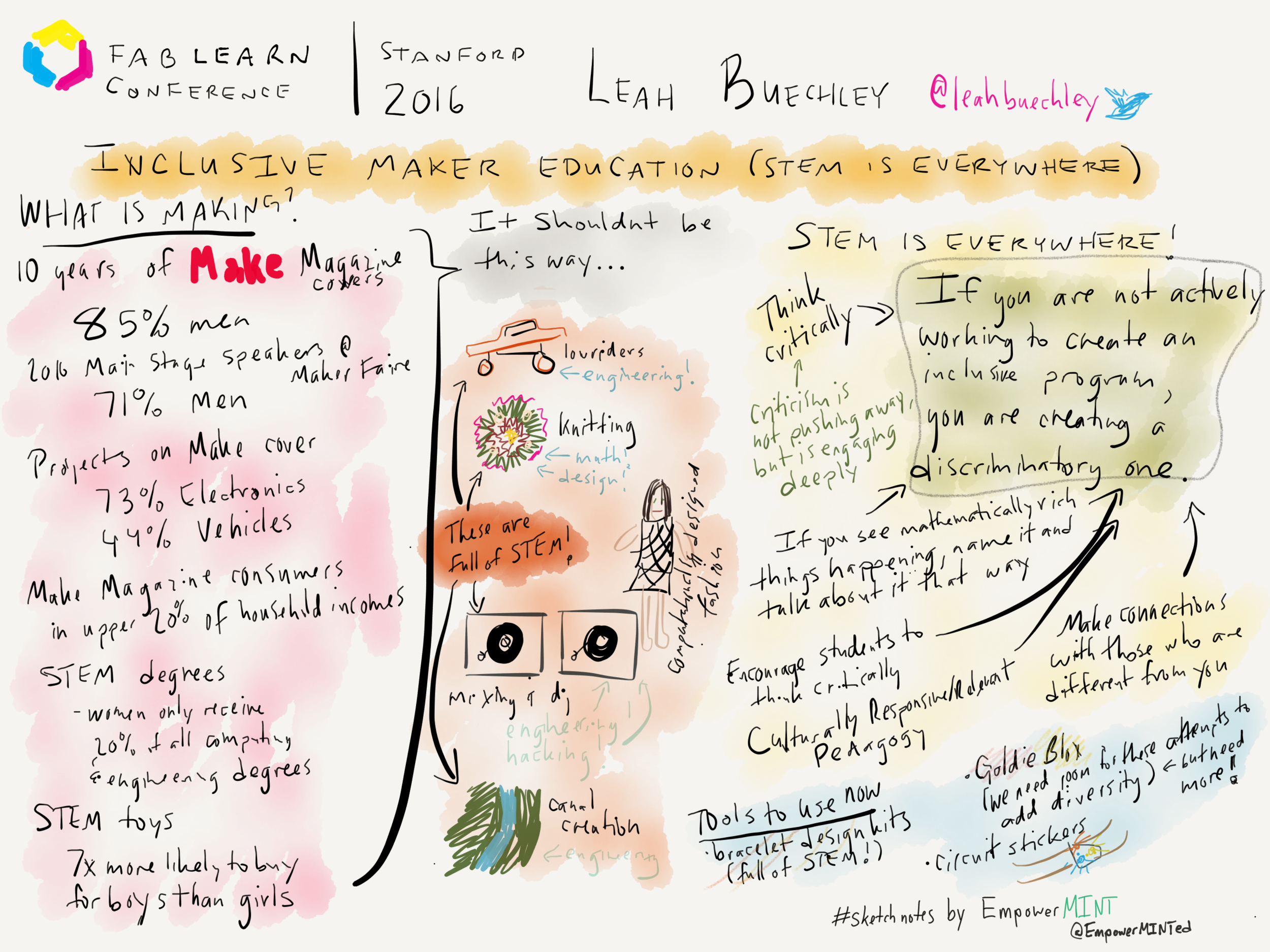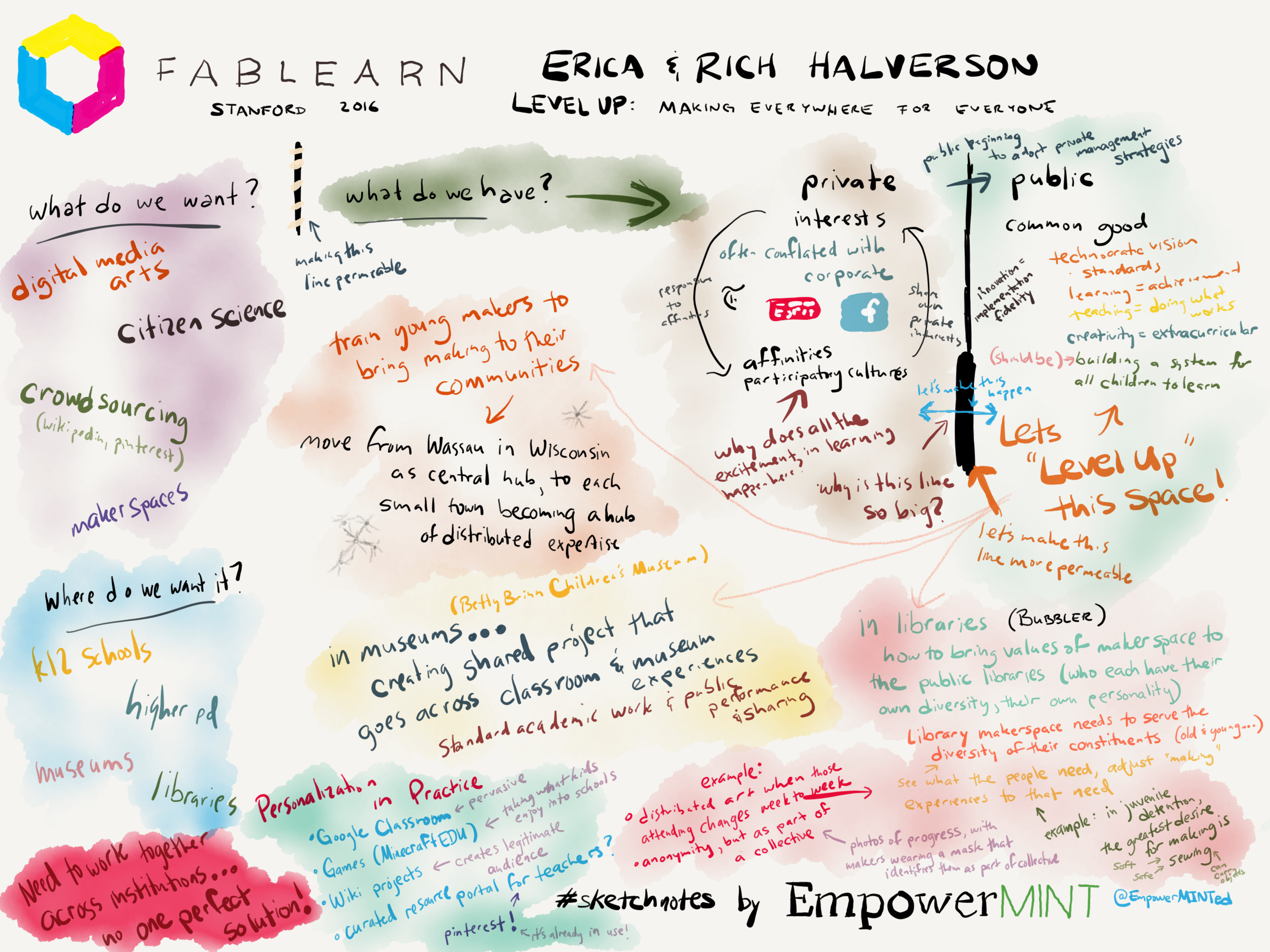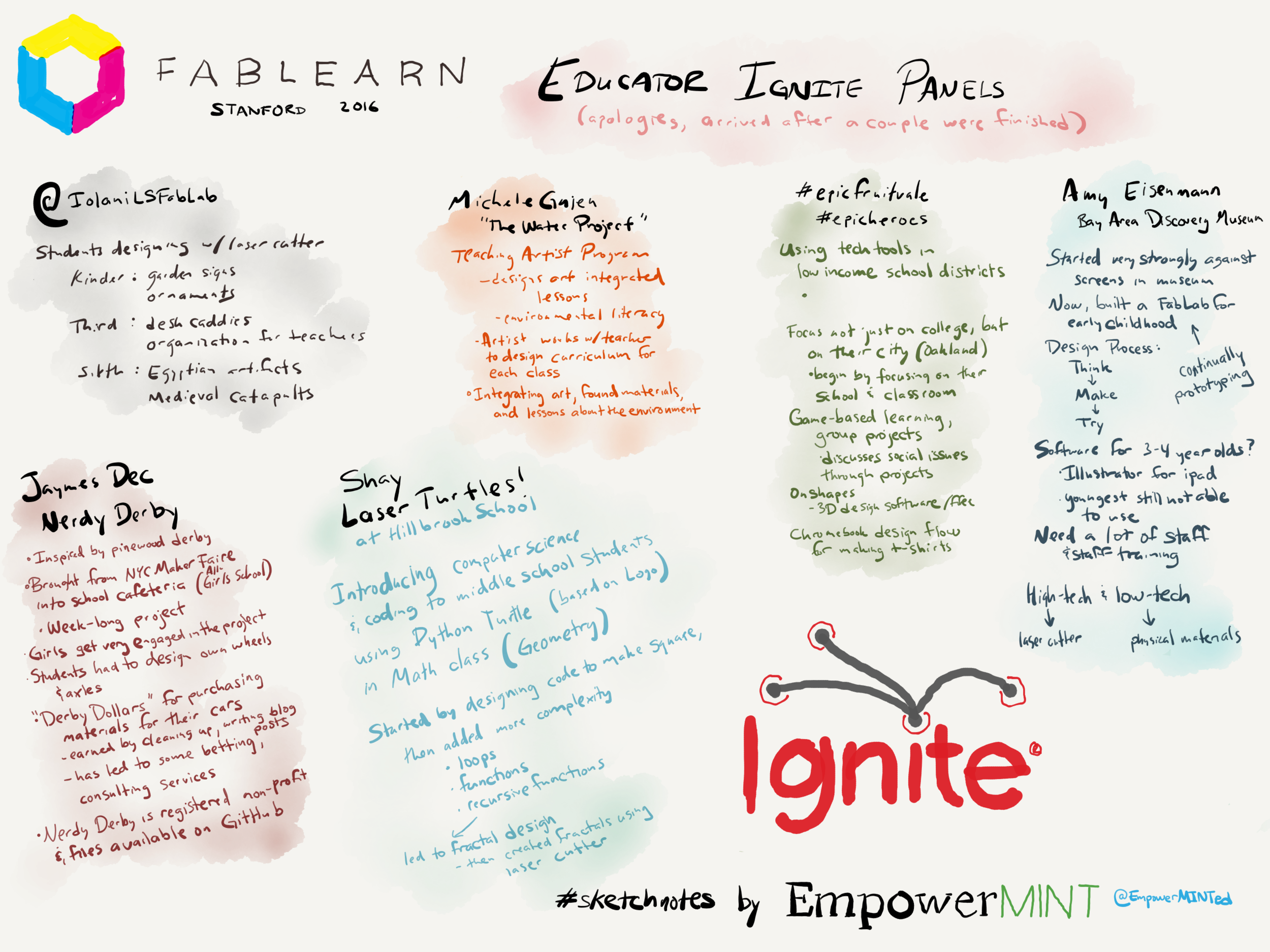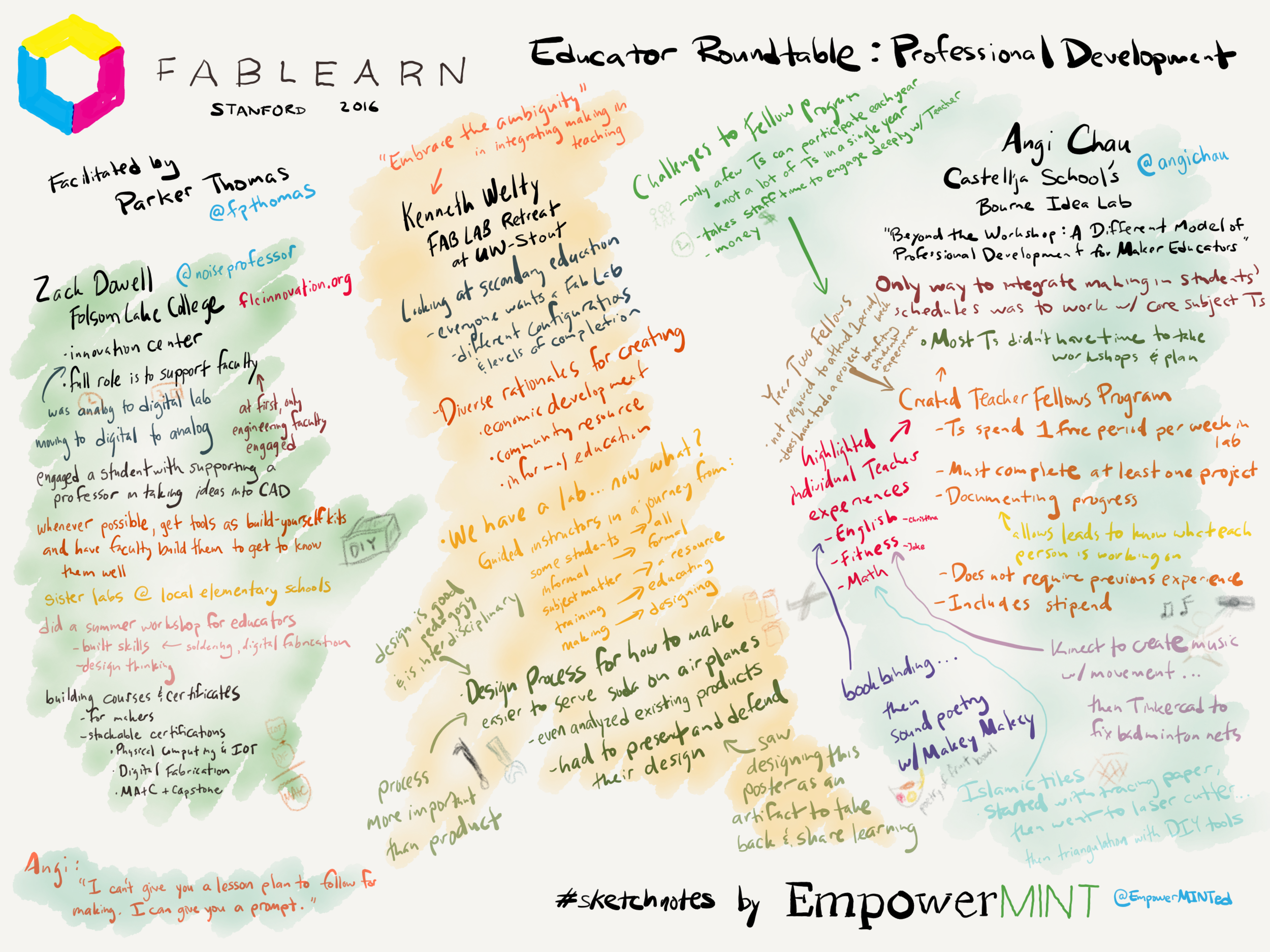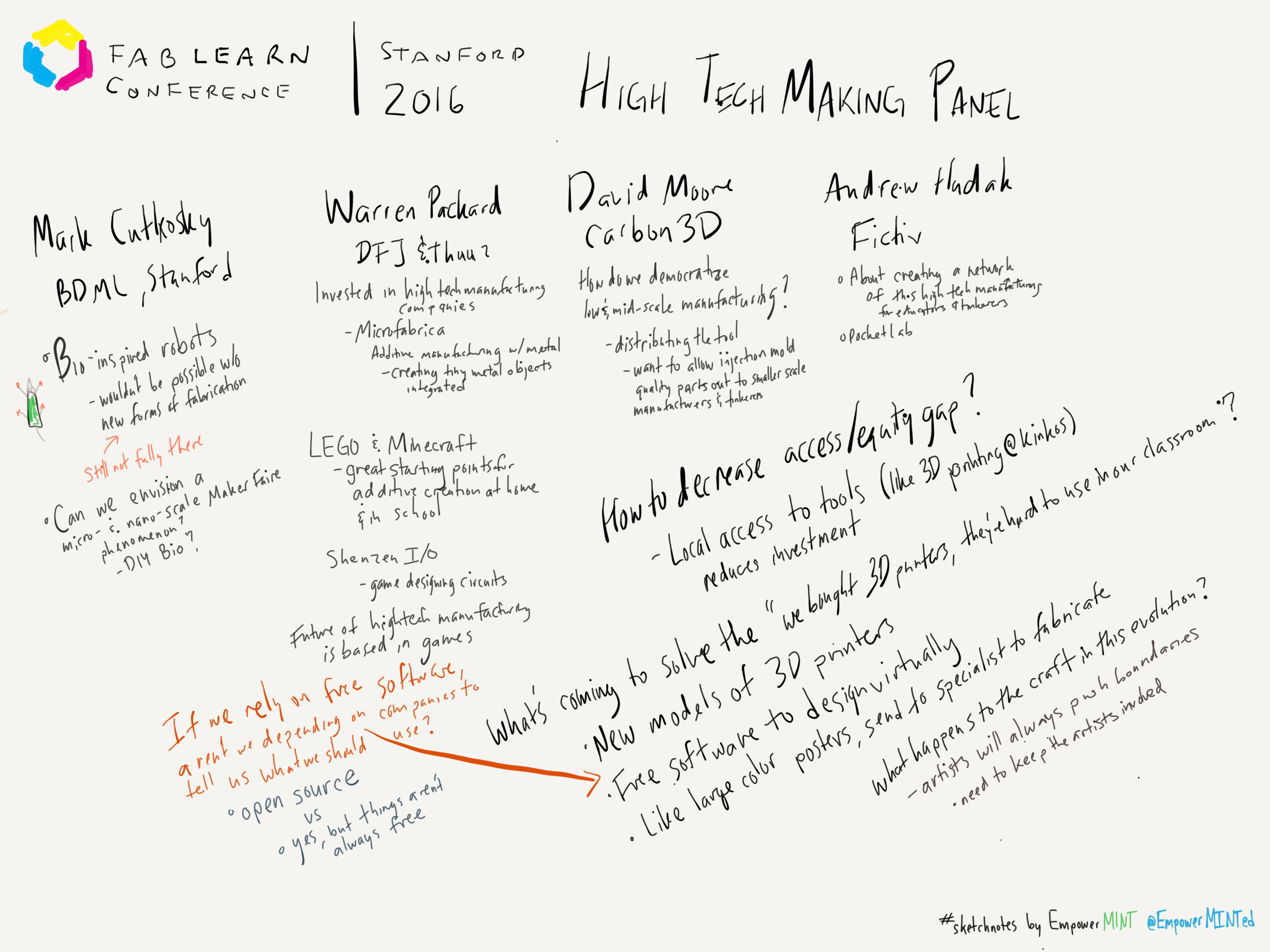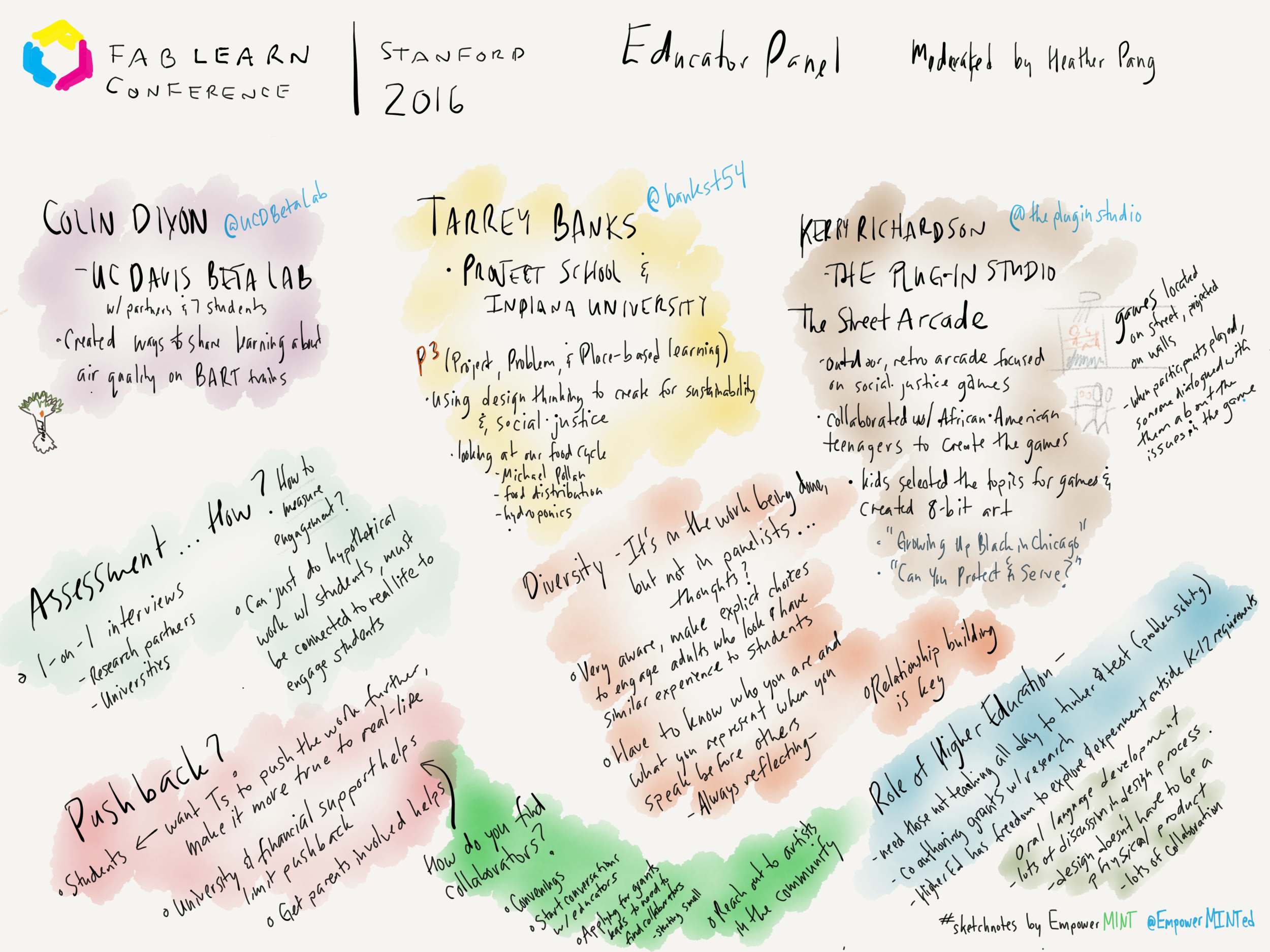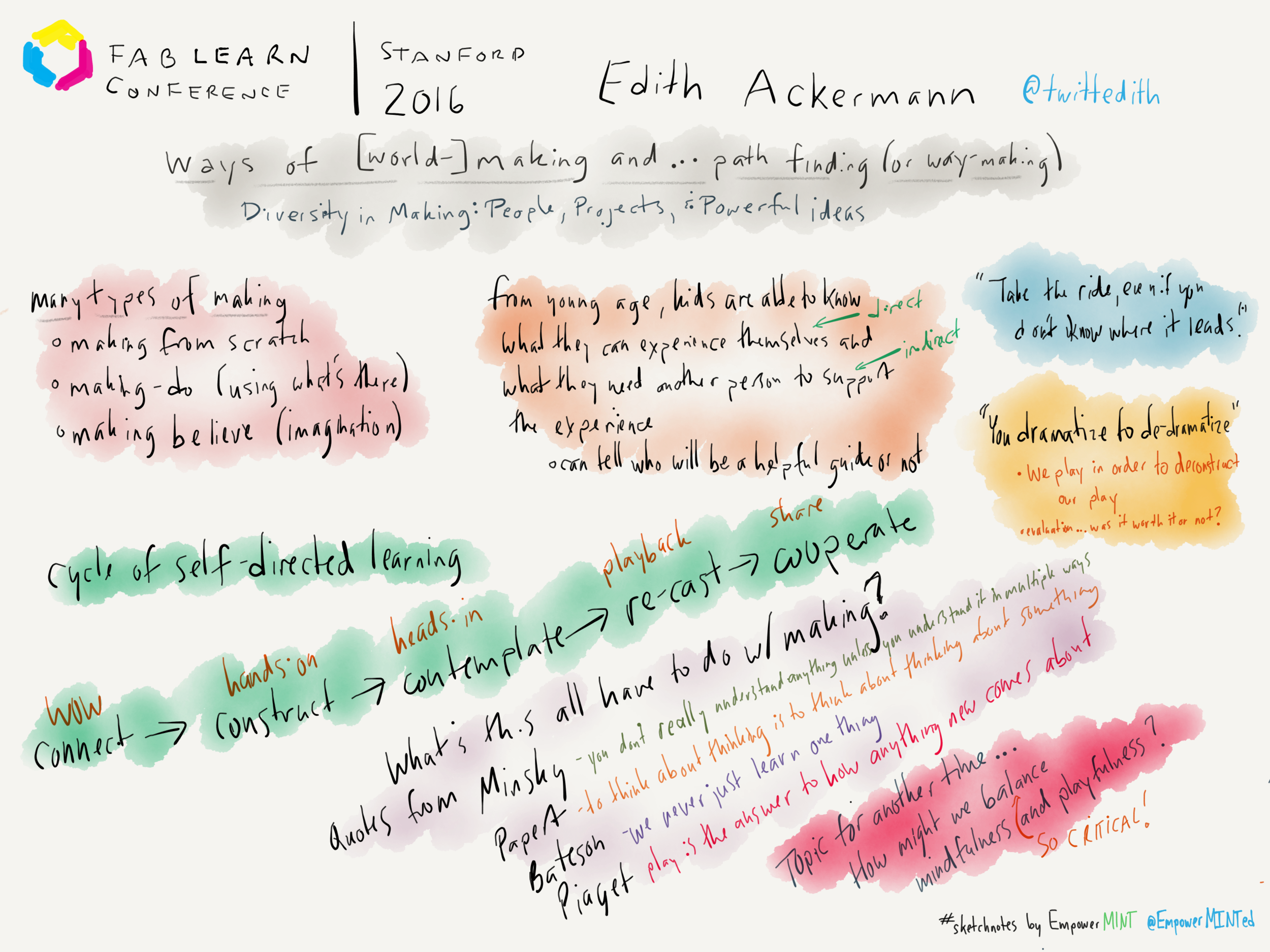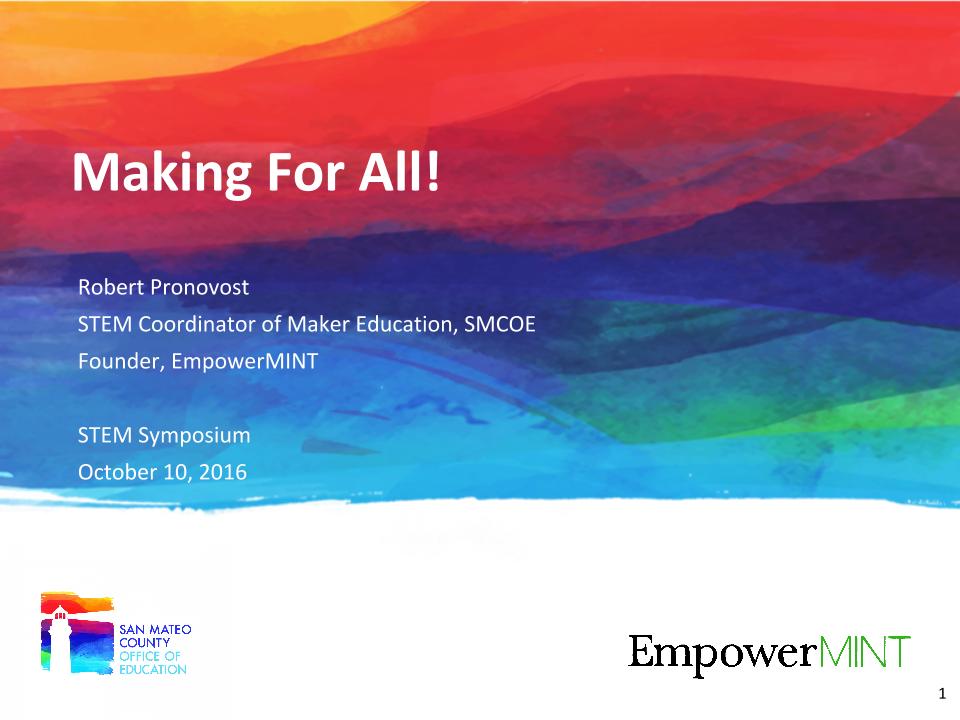As I've played Pokémon GO throughout the past month, I've also read multiple blogs and tweets about applying the Pokémon craze to the classroom. To be honest, there are short-term things you could do to bribe (or trick) students into doing the traditional classwork by adding Pokémon to the worksheets or having students collect Pokémon stickers upon completion of an assignment. But that is not what we really should be learning from Pokémon GO.
#1. Allow choice.
In the game, each player has a similar goal: Gotta Catch 'Em All. That goal can be pursued in a combination of ways, including going to parks to catch wild Pokémon, going on walks to hatch eggs, and evolving basic Pokémon into their advanced forms through candies.
Consider the application of student choice to mathematics. The end goal of the unit is for students to master two-digit multiplication. There are multiple ways to achieve the goal, including different formulas to use, hands-on manipulatives to construct learning, and peers who can work together on a project that has two-digit multiplication embedded (or would at least simplify their work, which many students will want to learn to accomplish their end goals). And there's no requirement that everyone must do the same thing at the same time.
#2. Differentiate without stigma.
Some students will choose to follow the same path as a peer, just as Pokémon GO players will travel together to the same park or other public location. My brother Joshua is currently a Junior in high school and is starting to look at colleges, so we went on a Bay Area college tour this summer. Quite often, after the official college tour, we would go on our own unofficial Poké-tour. Even though our characters were at different levels, we both were able to see the same Pokémon pop up as we walked toward a certain landmark. And while we were both given the opportunity to catch the Pokémon - the structure of the game allows everyone a chance to catch the same Pokémon, the creature doesn't disappear from other players' screens if one person catches it in their game - the level of the Pokémon that each of us approached differed based on our level in the game. So, while that "rare" Pokémon is difficult for each of us to catch, it's based on our relative level in the game.
Let's attempt to apply that to reading instruction. While the current path our students may be working toward is making inferences, one student is reading a book at an independent level F and another is reading at a level M. The complexity and/or number of inferences each student draws from their reading should be expected to be different. Following that, the prompts we bring to our conversations with each student in our one-on-one reading workshop conferences would also vary relative to the student's reading level. Just as players share with one another the Pokémon they each catch, students can share their inferences with partners without a judgement attached, knowing that each is at their own "level". Of course, this does mean incorporating an emphasis on growth mindset as well.
#3. Encourage movement and breaks.
One of the more widely discussed "features" of Pokémon GO is that it has adults and kids walking more, visiting more public spaces, and increasing overall activity. As previously stated, the physical activity and outdoor time increases are due to the ways that players are able to catch various Pokémon and add to their collection. While my personal step count hasn't necessarily increased since I started playing Pokémon GO, my motivation to get outside and go on walks has increased. And I feel so much better, physically and mentally, when I've taken a little break from my work to walk around our local park to catch some Charmanders.
Allowing movement and breaks in your classroom, can dramatically shift the attention span of students and the level of misbehaviors that pop up. I know from personal experience that level of engagement in our classroom work would increase when we took brain breaks. GoNoodle wasn't available to me before, but I would definitely bring it into my classroom today. Instead, we had a collection of songs, related to our learning topics (Subtraction Rap, for example), that we would sing (and sometimes dance) to. We would also take our learning outside from time to time as well, which can bring a different feeling to the classroom culture.
#4. Enable peer learning.
One of the more frustrating parts of Pokémon GO for new players of a certain age (myself included) is that the game doesn't provide more than a very basic tutorial when you start the game. There are so many "secrets" that can be learned to find different varieties of Pokémon, evolve the Pokémon more effectively, and even just battle competitively at a Gym. One can discover these "secrets" on one's own by experimenting, but can also look on Twitter, Reddit, and unofficial Pokémon GO strategy sites to find a community to learn from. Personally, I tried to learn it all on my own, but there were times when I definitely needed a hint. At that time, I was able to learn what I needed from other players and thank them by giving them a thumbs up, a heart, or by sharing their website.
While some students might get frustrated when everything is not spelled out in detail for a project or problem, allowing students to draw upon each other's knowledge can increase the stickiness of the learning in a way that a teacher's detailed instructions ahead of time could not. There is a feeling of discovery for the student who figures out that hint or tip that simplifies their ability to achieve a desired goal. The student who seeks help from the peer is more likely to hold onto that learning, because it was not forced upon them. The student who originally discovered the hint has the learning become more concrete as they repeat the learning to their peer in a way their peer understands. And imagine the feeling of the student who sought help, when they become the one teaching a newly discovered hint to the rest of the class.
There are many more learnings we can take from Pokémon GO, so check out TCEA's collection of links on Pokémon GO in the classroom.
* Cross-posted on Medium.


